September 04, 2016 0 Comments
We have been talking about ways to minimize our waste at home, but is a zero-waste home possible for parents of small kids? Especially since a number of babies’ needs more often than not are disposables and end up in the wastebasket. Think diapers, formula cans, baby food jars, and wet wipes – most of which are also non-biodegradable.
So if you are expecting a mini addition to your family soon, here are a few tips on how you can still maintain a green home and minimize your waste even with your wee one:
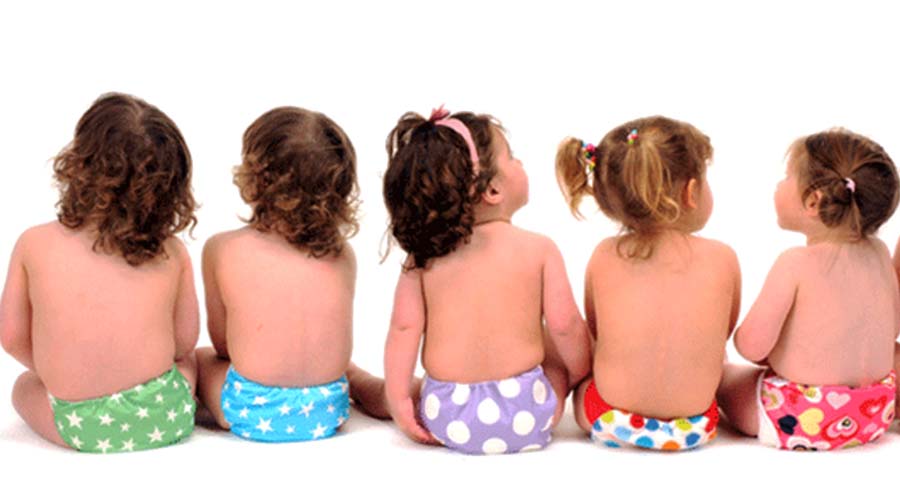
1. Ditch the disposable diapers and use cloth diapers instead. The typical disposable diapers are good for just one use – so a newborn could most probably use 6-10 of these in a day – all of which will most probably end up in the city landfill. So why not go the reusable cloth diaper route instead. Cloth diapers require a bit more initial investment since you would need to purchase a number of diapers and inserts – but they would be cheaper in the long run because you can use them until your baby is potty trained. You can also opt to use environment-friendly laundry detergent when washing them, to minimize the harmful chemicals that could get in contact with your baby.
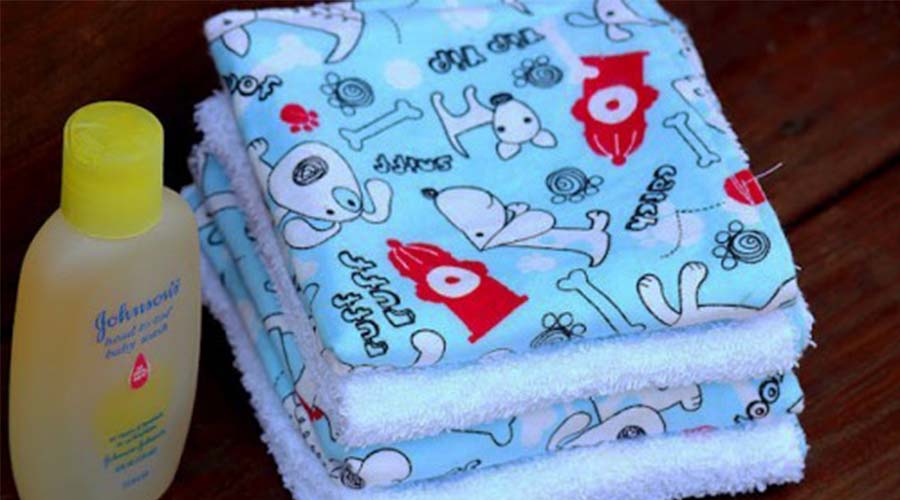
2. Forget the wet wipes and use washcloths instead. Yes, wet wipes are super convenient – get one, wipe up that mess (or butt) and throw it away. However, aside from being wasteful, wet wipes are typically non-biodegradable and could even harm us, wildlife and the ecology [1]. So instead of adding to the waste, you can opt to use washcloths instead. You can use washcloths to clean and wipe basically just about anything. You can assign a number for use to clean your baby’s bottom, and another set to clean your baby’s hands after eating – which they could use until they’re toddlers. You can also bring one when you and your baby are out and about – just put one washcloth in a watertight container, together with a mix of organic soap, water, and even essential oils. You can then whip this out to clean sticky hands and faces while out, and toss into the laundry once you’re home.
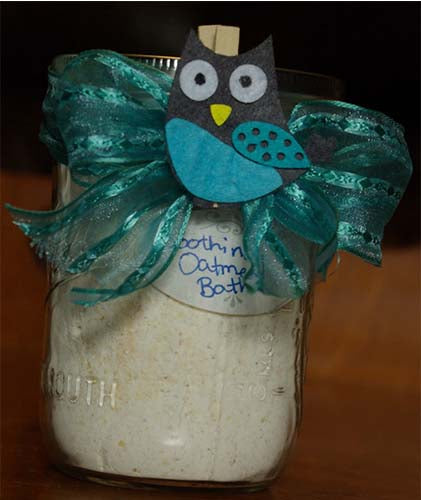
3. Use organic baby products – with minimal or zero-waste packaging. Aside from being less harmful to your baby’s skin, most of them can be purchased package-free from your local health food store. You can opt to use mild bar soaps to keep your baby clean, and moisturize or treat diaper rash with coconut or olive oil – which you can purchase in bulk from food stores and store in glass jars.
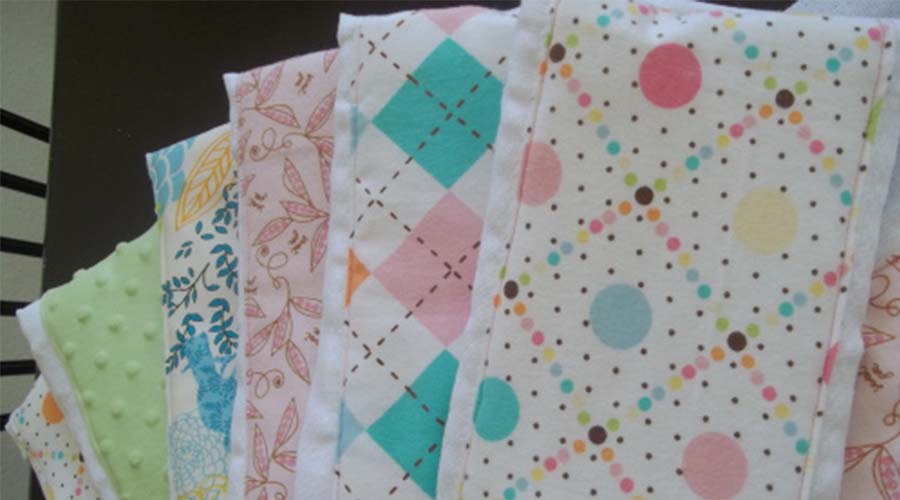
4. Invest in a stash of cotton flannel cloths. Cotton flannel cloths are the best things – they can be used as burp cloths, for towelling off, wiping up spits, and can even protect your clothes from baby accidents. You can just throw these in the laundry and they’re ready to use once again. With a number of cloths, you’ll never need paper towels.
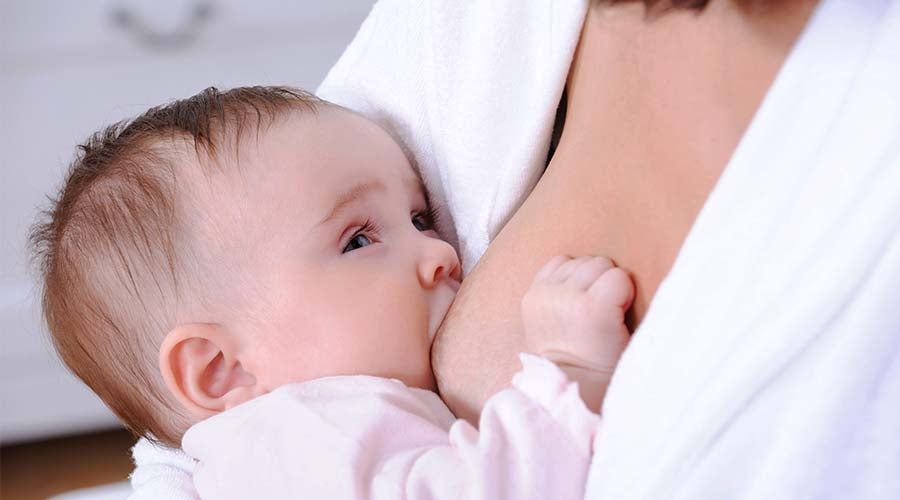
5. Breastfeed if you can. One of the greenest ways to feed your baby is to breastfeed – this way, you avoid generating a lot of waste in the form of formula milk packaging, bottles, nipples, and other bottle-feeding paraphernalia. Doing so could also save you a lot of money.
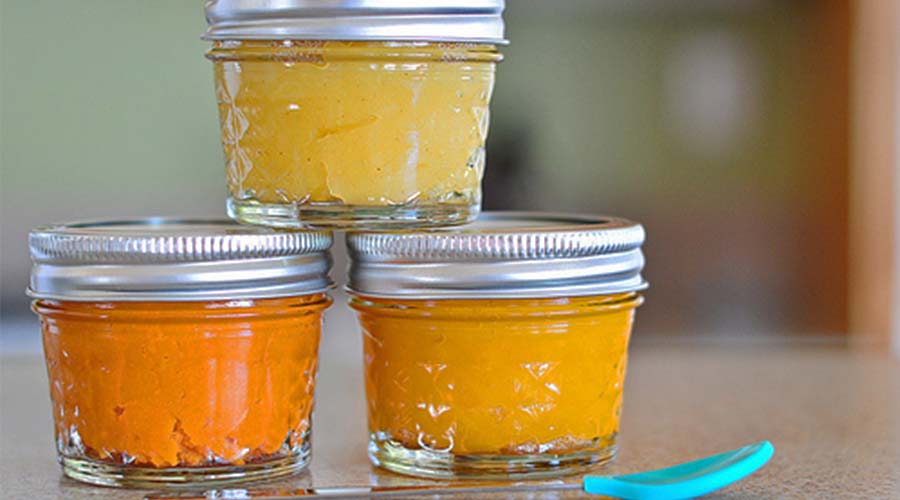
6. Make your own baby food. Once your baby starts eating solids, you can opt to make your own baby food instead of purchasing and feeding him with organic pureed fruits and vegetables. Doing so is healthier as commercially produced baby food could contain preservatives and chemicals. Plus, this would contribute to less waste in your home, as then you wouldn’t have to deal with the disposal of baby food packaging. You can also explore the option of baby led weaning.

7. Go easy on the toys. Parents are sometimes the ones who go gaga over toys, but our advice is to prioritize quality over quantity. Currently, there are a lot of plastic toys available in the market that comes in a wide range of prices but some of these toys break down almost instantly – so they have nowhere to go except the trash. Opt for quality made toys that your baby could use and enjoy for a long time.
8. Go easy on the parenting aids. Just like the toys, you do not need much to become an effective parent. Before purchasing any fancy parenting gadget or aid in the market, consider first if you can actually maximize it, or how long can you actually use it. Just remember that there’s nothing a baby needs more than a parent’s love and care. And no gadget or item can replace that.
References:
October 16, 2016 0 Comments
This World Food Day, learn how climate change affects our food production and supply, and what we can do about it.
October 02, 2016 0 Comments
September 09, 2016 0 Comments
Sign up to get the latest on sales, new releases and more…
© 2026 EarthCitizen.
LLC
Powered by Shopify
